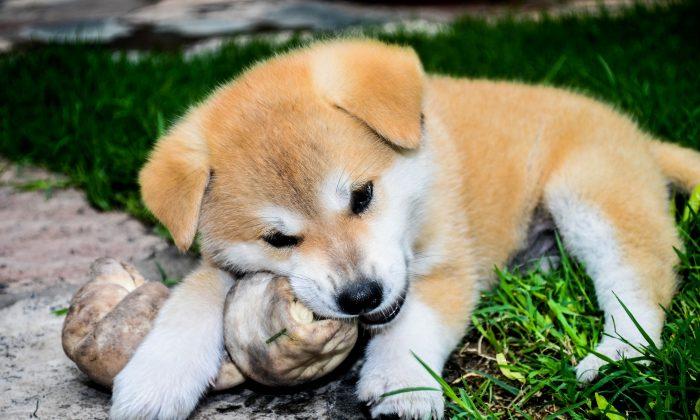The U.S. Food and Drug Administration (FDA) has asked pet owners to reconsider giving your dog a stocking full of bone treats this Christmas.

According to the FDA, bone treats are different from uncooked butcher-type bones because they are processed and packaged for sale as dog treats. These products could be dried using a smoking process or baking and may contain other ingredients such as preservatives, seasoning, and smoke flavorings. Examples of these treats include Ham Bones, Pork Femur Bones, Rib Bones, and Smokey Knuckle Bones.
“Giving your dog a bone treat might lead to an unexpected trip to your veterinarian, a possible emergency surgery, or even death for your pet,” Carmela Stamper, a veterinarian in the Center for Veterinary Medicine (CVM) at the FDA, said in a statement.

- Gastrointestinal obstruction (blockage of the digestive tract)
- Choking
- Cuts and wounds in the mouth or on the tonsils
- Vomiting
- Diarrhea
- Bleeding from the rectum, and/or
- Death
Some tips the FDA provided to keep your dog safe include keeping chicken bones and other bones away from the kitchen table, being careful of what is placed in the trash can especially bones, and asking advice from a vet to see what other toys and treats are most suitable for your dogs.
“We recommend supervising your dog with any chew toy or treat, especially one she hasn’t had before,” Stamper advised.

Dear reader, we have a little favor to ask of you. We work hard to deliver important and interesting articles to you, but we can’t do it without ad revenue.
Please help support independent journalism by sharing this article with your friends and family. It takes less than a minute. Thank you!





